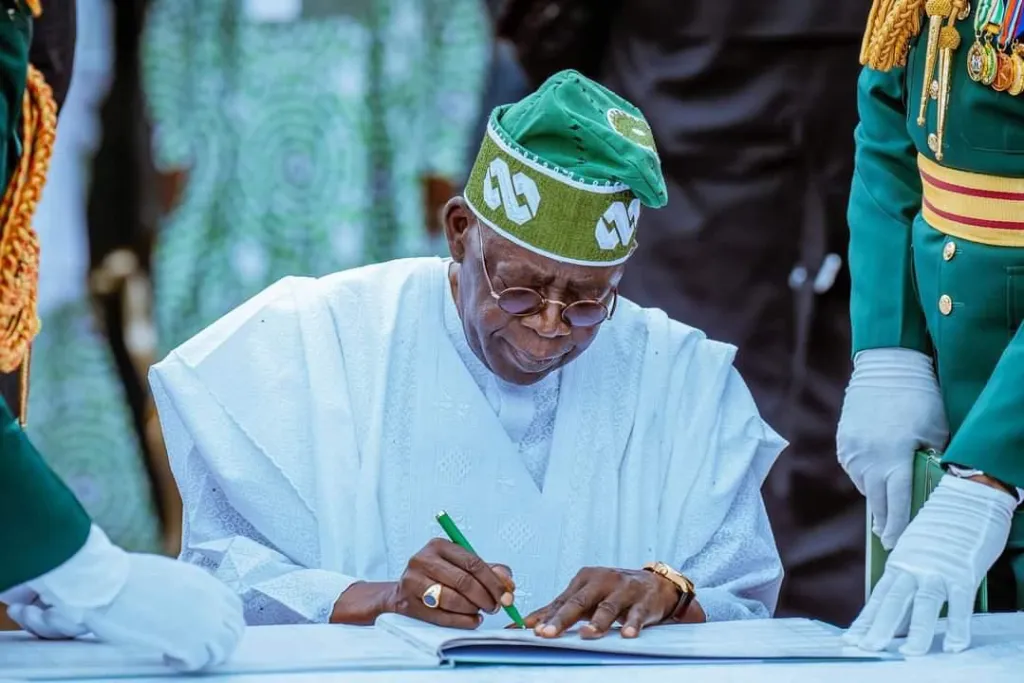By Prof Hassan Saliu
Having perused Ambassador Sola Enikanolaiye’s press statement on Nigeria’s foreign policy, I commend him for providing valuable insights into the government’s stance on external relations. Nevertheless, I have several observations that warrant discussion.
- The notion of strategic autonomy guiding Nigeria’s foreign policy decisions appears flawed, particularly in light of the country’s historical relationship with France, which has not always been amicable.
- The ambiguity surrounding Nigeria’s involvement in BRICS raises concerns, as it contradicts the impression the country has cultivated in international organisations.
- The government’s commitment to international relations is questionable, given the disparity between the ambassador’s portrayal of due diligence and the reality of large delegations being dispatched abroad.
- Diplomatic threats ought to be issued judiciously, taking into account the capacity to follow through; loud and unrestrained rhetoric without corresponding action is counterproductive.
- The 4Ds framework appears to be a semantic exercise, as the core issues pertain to economic diplomacy; perhaps a more straightforward approach would be to acknowledge this explicitly.
- The structural approach, with ambassadors serving as heads of diplomatic missions, is preferred by most countries; the absence of Nigeria’s ambassadors in virtually all countries undermines its influence in international affairs.
- The Gbajabiamila committee’s novelty is debatable, given previous efforts to coordinate foreign policy; its impact on Nigeria’s foreign policy landscape remains uncertain.
- While presidential shuttle diplomacy may be necessary, Nigerians expect tangible outcomes rather than mere promises.
- The mistreatment of Nigerians persists, even within ECOWAS countries.
- The clearance of Nigeria’s debt to ECOWAS may not have yielded the desired improvement in the country’s image, given the organisation’s bureaucratic hostility towards Nigerians.
- External invitations extended to the president are no longer a reliable metric for respectability; instead, the outcomes of such visits are what truly matter.
- The assumption that Nigeria’s foreign policy is garnering respect and acceptability under the current administration is questionable, particularly given the country’s diminished role in shaping global events.
In conclusion, while Ambassador Enikanolaiye has endeavoured to project a positive image of the administration’s foreign policy, several challenges and inconsistencies persist. Nigeria’s foreign policy continues to grapple with fundamental issues that undermine its effectiveness.
The author who is of the Department of Political Science @ the University of Ilorin in Nigeria is also the president of the Nigerian Political Science Association (NPSA)




























